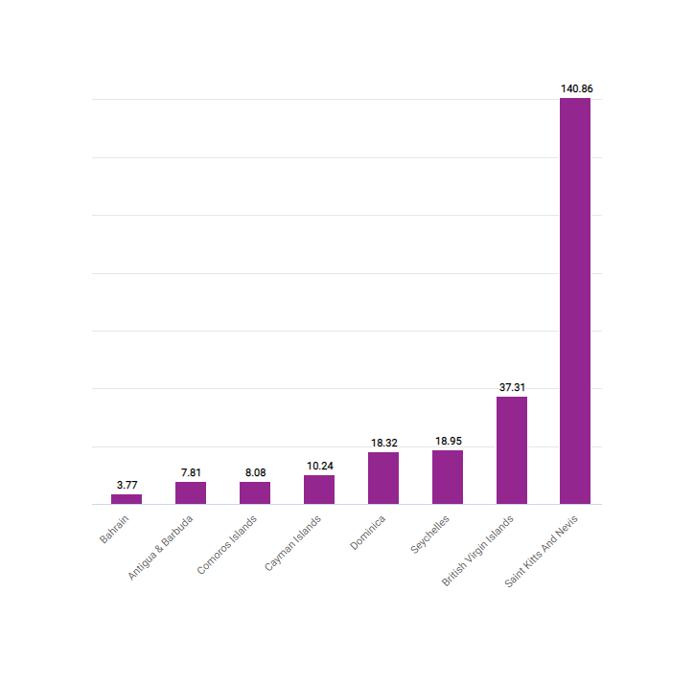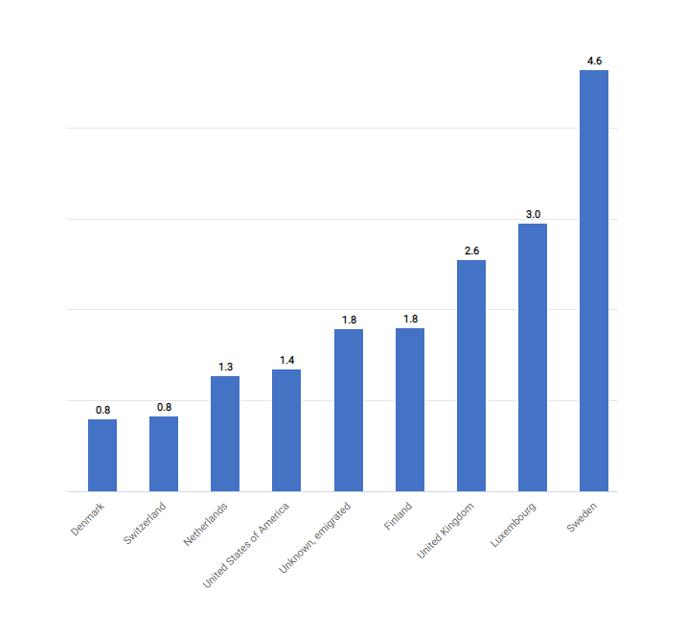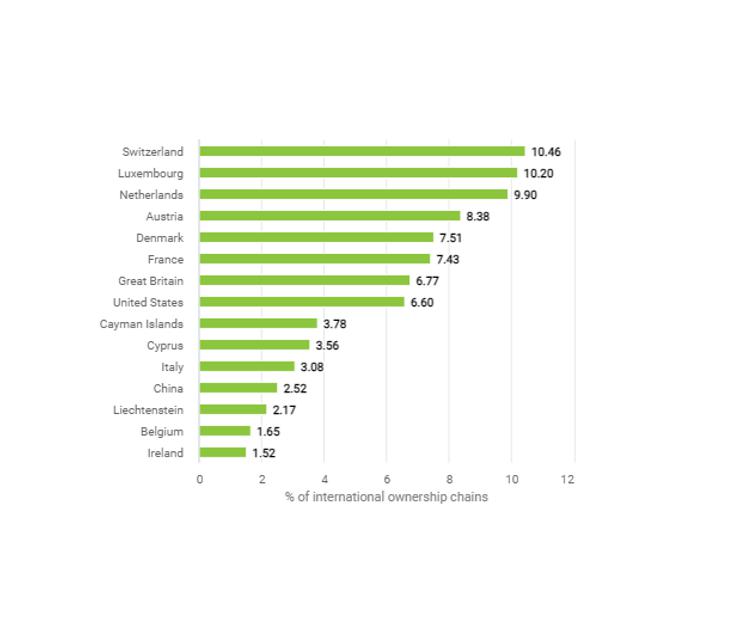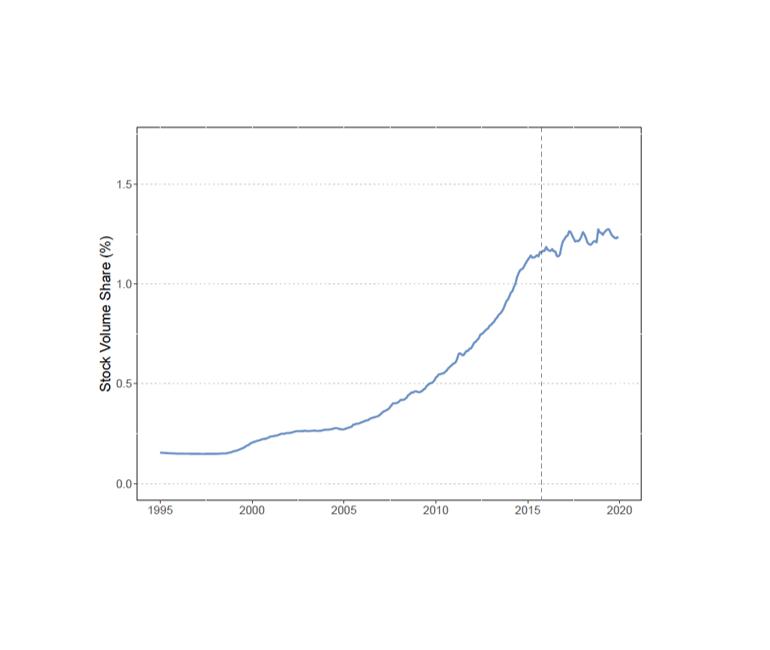Who owns offshore real estate? Evidence from Dubai cross-border real estate investments
What lies beneath: evidence from leaked account data on how elites use offshore banking
Summary
Collin uses leaked data from a bank incorporated at the Isle of Man to study the characteristics of individuals and companies holding wealth in tax havens. The dataset includes customer records and account movements, registered beneficial owners, as well as registers of politically exposed persons and high-profile individuals maintained by the bank. Based on these unique data, the author reports key descriptive statistics such as the average amount of wealth held, a breakdown of deposits by client type and by location of clients and beneficial owners.
It was found that the majority of deposits are held by companies and trusts rather than individuals. Approximately 50% of individuals, 84% of companies, and nearly every trust are registered in tax havens. Collin suggests that the majority of company clients are shell companies and holding companies for financial assets rather than active companies. He derives this conclusion by matching company clients to the banks’ classification of whether or not a company would be reportable for FATCA or the CRS. However, this information is not available for all companies. The fact that 55% of company clients in the data share the same seven addresses on the Isle of Man, Cayman Islands, British Virgin Islands, or the UK provides further support to the view that most of them are shell companies.
The paper provides empirical evidence that individuals who own offshore wealth are more likely to be wealthy individuals and politically influential people from high income countries. It also demonstrates that common data sources on offshore wealth and existing estimates might be distorted because tax haven deposits are erroneously attributed to tax haven residents while their beneficial owners are actually located in other countries.
Key results
- Clients of offshore banks are more likely to be high-net-worth individuals residing in rich countries.
- A substantial proportion of offshore deposits are held by customers who are connected to PEPs – politically exposed people (politicians, ex-politicians, and their families) – in various countries. 30% of the identified PEPs in this research come from the Isle of Man, Russia, and India.
- Existing statistics on offshore wealth ownership are distorted by the use of shell companies in tax havens and the lack of accurate data on ultimate beneficial owners.
Policy recommendations
Building on his observations, the author recommends the establishment of public beneficial ownership registries, a new requirement for banks to produce country-by-country statistics on the number of politically influential clients they have, as well as practical changes in the existing locational banking statistics to better assign deposits to the country of residence of their owners.
Data
This paper relies on account data leaked from the Cayman National Bank and Trust, Isle of Man (CNBIOM), a subsidiary of the Cayman National Corporation. It was retrieved by a hacker collective and published online by a journalist collective in November 2019.
The data contains customer records, of both individuals and companies, from 2008 to 2019. It includes monthly account balances for approximately 4,500 clients and details about each client, such as correspondence addresses and registered beneficial owners (for companies).
In addition to customer records, the author had access to two unique sets of files:
- A register of politically-exposed persons (PEPs) and high profile individuals (HPIs) who are clients or related to clients of the bank.
- Internal files used to compile banking reports for the bank of international settlements (BIS) revealing how CNBIOM assigns each customer to a jurisdiction.
Methodology
The author provides different descriptive statistics on the deposit accounts and the clients of CNBIOM. The paper also includes basic regressions to estimate the relationship between the level of wealth or income of individuals and their use of offshore services.
Additionally, he uses the leaked data on beneficial ownership of offshore companies to assess the accuracy of Bank of International Settlements’ Locational Banking Statistics (LBS), which is one of the most commonly used data sources on offshore wealth in the economic literature (read more).
Go to the article
The working paper was published by Brookings (Global Economy and Development) in 2021. It can be downloaded online. [PDF]
This might also interest you
Hidden in plain sight: Offshore ownership of Norwegian real estate
The role of anonymous property owners in the German real estate market: First results of a systematic data analysis
Homes incorporated: Offshore ownership of real estate in the U.K.



